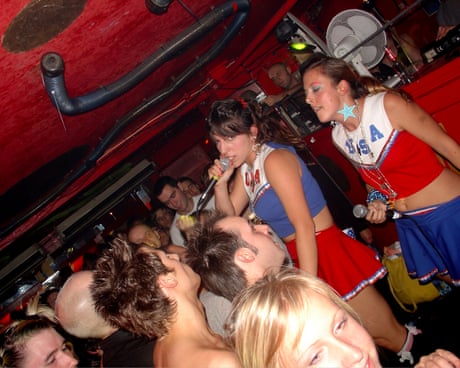Joy Crookes: Juniper review | Alexis Petridis's album of the week
(Insanity)
Four years ago, the south Londoner’s star was on the rise with her debut Skin – then she vanished. Now, she’s back with shimmering sounds and cleverly unsentimental lyrics, plus explosive cameos by Vince Staples and Kano
In an overcrowded pop market, where artists are encouraged to maintain a constant presence and stream of what’s depressingly termed “product”, south London singer-songwriter Joy Crookes’s career has progressed in a curious series of fits and starts. After releasing a series of EPs, she ended 2019 as a hotly tipped act: appearances on Later … With Jools Holland, nominated for the Brits Rising Star award, placed high in the BBC’s Sound of 2020 poll, invited to support Harry Styles on tour. But the latter was nixed by Covid, and her real commercial breakthrough didn’t arrive for nearly two years: released at the tail-end of 2021, her debut album Skin made the Top 5 and, in Feet Don’t Fail Me Now, spawned one of those long-tail viral hits that achieves a weird omnipresence despite barely grazing the Top 30. She started working on a follow-up, then vanished again. The four years that separate her debut from Juniper were at least partly consumed by a period when she was “really sick” and “mentally unstable”.
It’s a period that understandably hangs over the contents of Juniper: “I’m so sick, I’m so tired, I can’t keep losing my mind,” she sings on opener Brave; “I’m pretty fucking miserable,” runs the blunt chorus of Mathematics, ostensibly a breakup song that seems underpinned by something noticeably darker than romantic woe alone. You could argue that Juniper’s introspective tone comes at a cost – there’s no room for the kind of sharp, political songs about Brexit, gentrification and immigration that peppered Skin – but Crookes is an impressively snappy lyricist who comes across as smart, streetwise and gobby regardless of the personal trauma she’s describing.
Continue reading...
© Photograph: Publicity image

© Photograph: Publicity image

© Photograph: Publicity image





